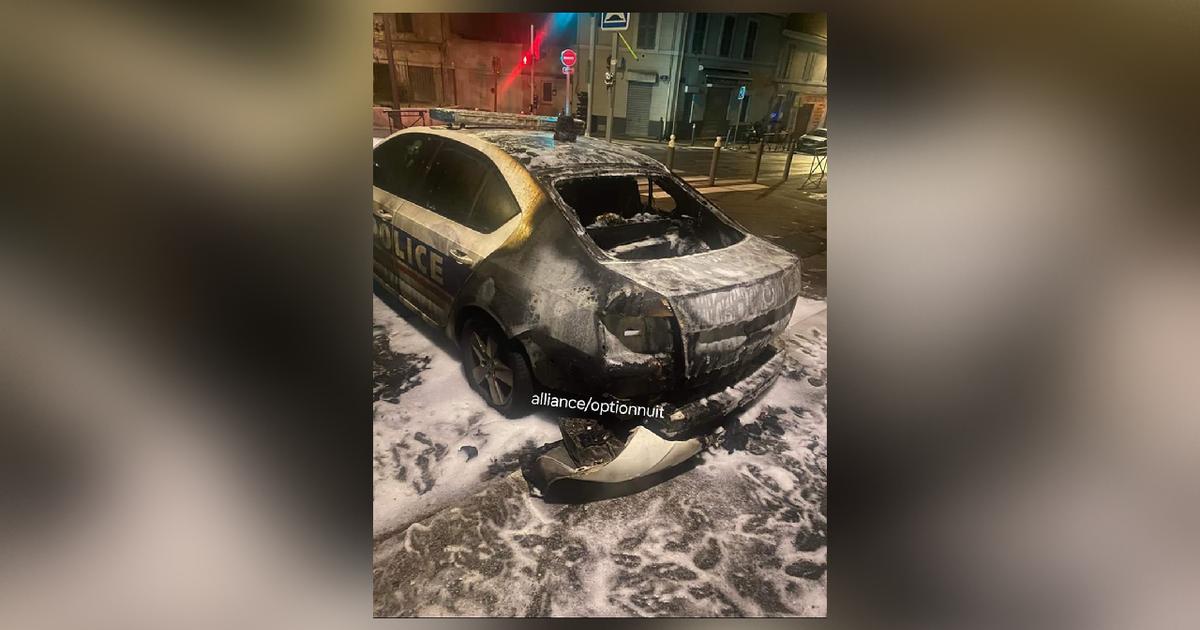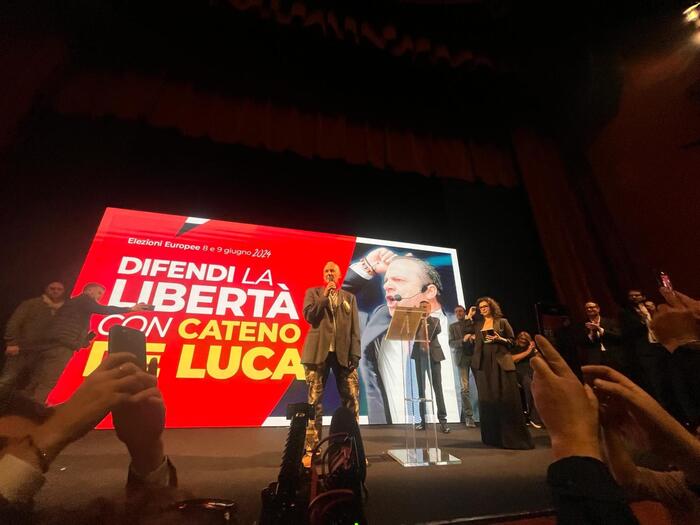The arrival of a pandemic in our lives has meant, among other things, that almost 7,000 million single-use masks are thrown away every day.
The environmental impact of the health crisis has yet to be calculated, but one thing is clear: it will not be low.
Masks do not break down easily.
According to the World Wildlife Found, a surgical facility can take up to 400 years to be completely destroyed.
A report by this organization indicates that, if only 1% of those used daily were disposed of incorrectly, that would mean 10 million masks thrown into nature.
Scientists at the Royal Melbourne Institute of Technology (RMIT) have created a type of road pavement that would give a second life to the masks we throw away every day.
According to his calculations, up to three million masks would be consumed on a kilometer of two-lane road.
The Australian team has found a formula to mix the crushed surgical masks with processed construction debris to create a new material that they say "meets all the safety standards of civil engineering."
"The analyzes show that they would add stiffness and strength to the layers of road pavement," writes Mohammad Saberian, the lead author of the study that has been published in the journal
Science of the Total Environment.
The layers that make up a road must be strong and flexible to support the weight of vehicles without cracking.
Processed construction debris is often used in multiple layers.
A good part of the waste generated in the world comes from construction.
In Australia around 3.15 million tonnes of rubble is destroyed each year and is not reused.
The formula created by the researchers mixes 1% shredded masks with 99% processed debris.
The mixture has successfully passed water, acid and stress resistance tests, as well as deformation and dynamic properties tests.
Recycling and reuse
Scientists at the Melbourne Institute of Technology were inspired for their creation by the hundreds of masks they saw every day lying around the city.
“We know that even if they were properly disposed of, they would end up in a landfill or would be incinerated,” Professor Jie Li, who leads the team dedicated to recycling and reusing materials, writes on the RMIT website.
Li encourages scientists to think of circular economy solutions to reduce the impact that personal protective sanitary materials will have on the planet.
In 2015 another project of this institute explored the possibilities of turning garbage into gold.
Then it was the cigarette butts - 1.2 million tons are generated every day throughout the planet - which, once mixed with concrete, were reborn as a useful material to provide roads with a layer that reduced thermal conductivity and heat generated by traffic jams.
Australian scientists are more than satisfied with their finding, although they acknowledge that their mask roads are, for the moment, theoretical.
The new asphalt is actually made with new face masks.
The pandemic restrictions do not allow them to experiment with used ones.
First they have to find an effective and safe method of sterilizing them in large quantities.
A challenge that is the subject of other research.

/cloudfront-eu-central-1.images.arcpublishing.com/prisa/PAQB75AKKZCB7KNWUAQR766XXY.jpg)








/cloudfront-eu-central-1.images.arcpublishing.com/prisa/KMEYMJKESBAZBE4MRBAM4TGHIQ.jpg)



